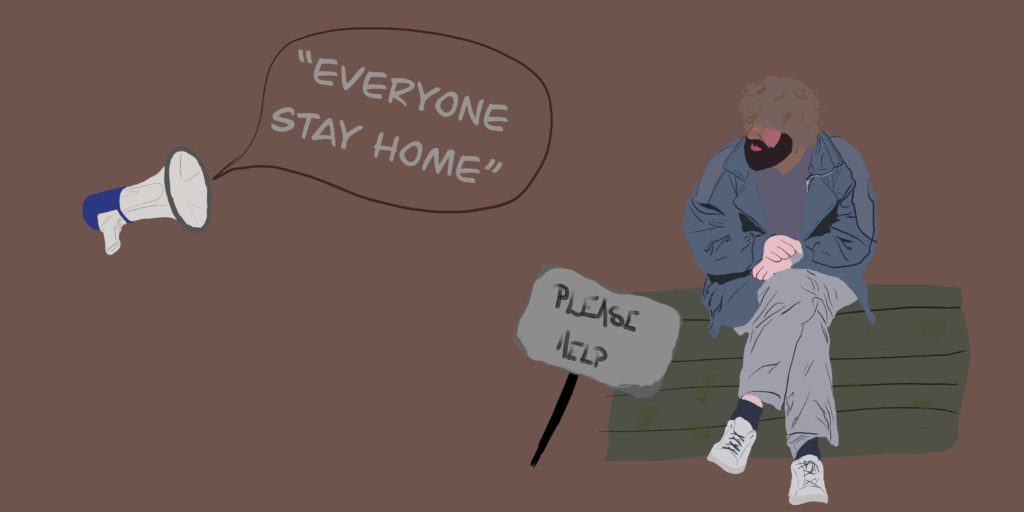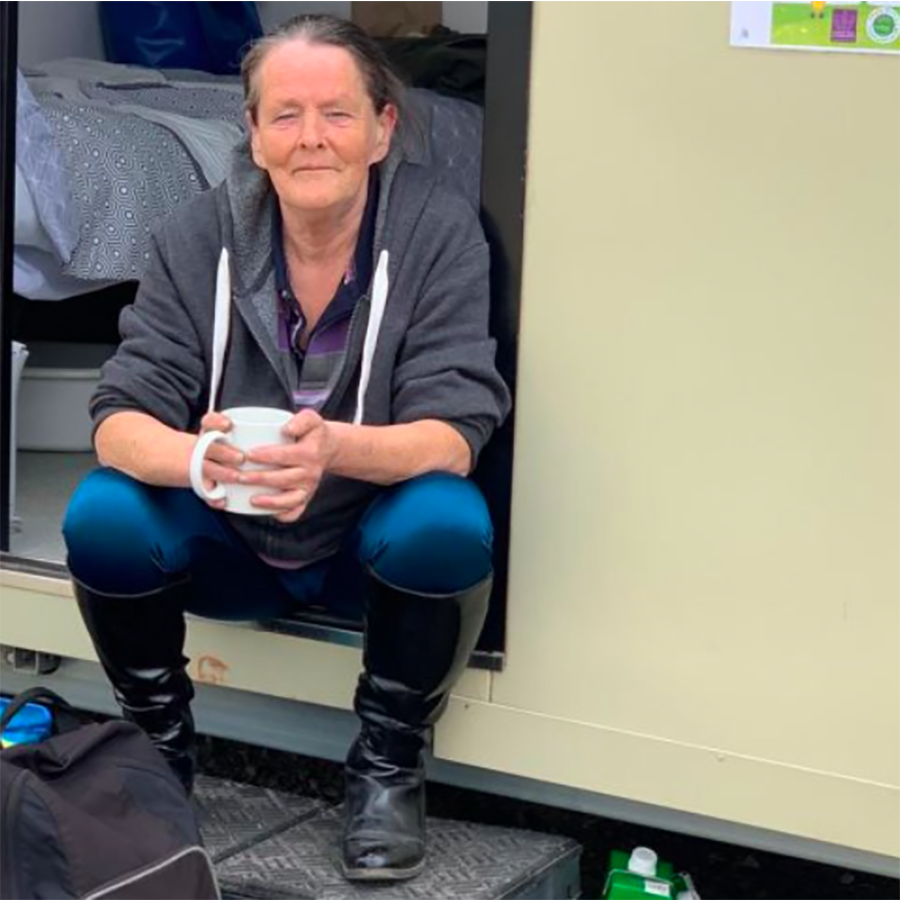Giving rough sleepers a place to live could be the obvious solution to ending homelessness in Wales – Housing First plan inspired by Finland’s approach

As we’re surrounded by stories about all the bad effects the pandemic has had on everyone, it is easy to overlook the more positive ones. One of those is the way the Welsh government has worked with non-profits to get people off the streets.
It was expected more people would be at risk of losing their homes this past year, which created a bigger push to create a solution faster.
People are losing jobs, many businesses are closing, and those have a direct impact on homelessness. The issues in not anything new, the number of rough sleepers have been going up in the last three years. According to Stats Wales, in 2018-2019 the number of households in the risk of becoming homeless increased by 18% with cities, such as Newport, Cardiff and Swansea, being at the most significant threat.
This year, the government have advised everyone to stay at home as much as possible. But not all have had that option. As a reaction to that, the Welsh government provided funds to local authorities to get people off the streets and to rent hotel rooms. In Cardiff, two hotels were used to provide 130 units of accommodation.
Local authorities have been working together with non-profits such as the Housing association Pobl group to help people not only temporarily, but to offer long term support. One of them was Cheryl, who lived in a tent for almost four years and was given temporary accommodation at the beginning of lockdown.

Cheryl opened up to workers at Pobl about how hard and scary living on the street can be and how her tent was even set on fire. Thanks to the organisation, she was not only given a place to sleep but also gained access to treatment. Now she’s looking forward to moving on with her life.
Credits: Pobl group
The plan to end homelessness
Julie James, Minister for Housing and Local Government, made headlines in last December saying they [Welsh government] are determined to end homelessness in Wales. After the country headed into the first lockdown and rough sleepers were moved into hotel rooms, she also commented she wanted to ensure no-one would need to return to rough sleeping.
The most promising plan to tackle the issue has been the Housing First pilot that was approved in 2018. As the name suggests, the idea is to give people who find themselves homeless a place to live and make that a priority.
Before Covid-19, the usual practice was the person stays in a shelter, gets support and later manages to move into a flat. Housing First provides flat first, together with support. An example of it is Central Chambers which is being turned into flats with a community hub where residents will be able to access support, including help to get a job.
This practice has been running effectively in Finland since 2007. Even though some European countries saw it as a radical solution, it proved to be an effective one. In the last three years, Finland was the only European country with decreasing numbers of rough sleepers.
The pilot in Wales has seen few people in Newport getting accommodated since it started in 2008, but there are still very limited spaces, and it needs more time to tackle homelessness in Wales fully.
Hotel rooms are not a solution
At the moment, many homeless people are staying in hotel rooms, and more have sent their applications while living on people’s sofas.
“Just in Newport, we have 300 people living in hotels and over 100 applications,” commented Nick Taylor, director of support for the housing association Pobl.
“What we’re expecting is throughout the winter, more people will lose their jobs and lose their homes. So not necessarily traditional homeless people,” Nick carried on explaining.
Usually, many homeless people have issues with addiction or mental health. Right now, it’s people who were on minimum wage and didn’t have much savings
Accommodating people in hotel rooms is good, but it’s not a solution. It just moved the problem somewhere else. Living in a hotel room can also harm mental health. You’re a guest there; you can’t cook, decorate, nor make it feel like your home.
How is Housing First different
The goal with Housing First, which is one of the projects Pobl group have been working on, is not to only help current rough sleepers, but to create a safety net. If you become homeless, there will be someone who can help out and who will provide support.
Giving homeless people place to stay, that isn’t shared and that they can look after can change their whole life as it gives them hope and real options. They work hard on themselves as they do not want to lose the place.
According to various studies that looked at the model in Finland, Wales and England, it is an effective long-term approach to the issue. Even though it requires initial financial support to provide the flats, some argue it brings cost benefits in the long run.
We need to stop fishing people out of the water; instead, we need to prevent them from falling there
finished Nick Taylor
The issue of homelessness won’t disappear overnight, and thanks to Covid-19, more people found themselves in a financial struggle. Wales didn’t close its eyes and ignored the problem and instead supported the most vulnerable by working with non-profits and providing financial support. In a way, Covid-19 might have helped us by spotlighting social issues
